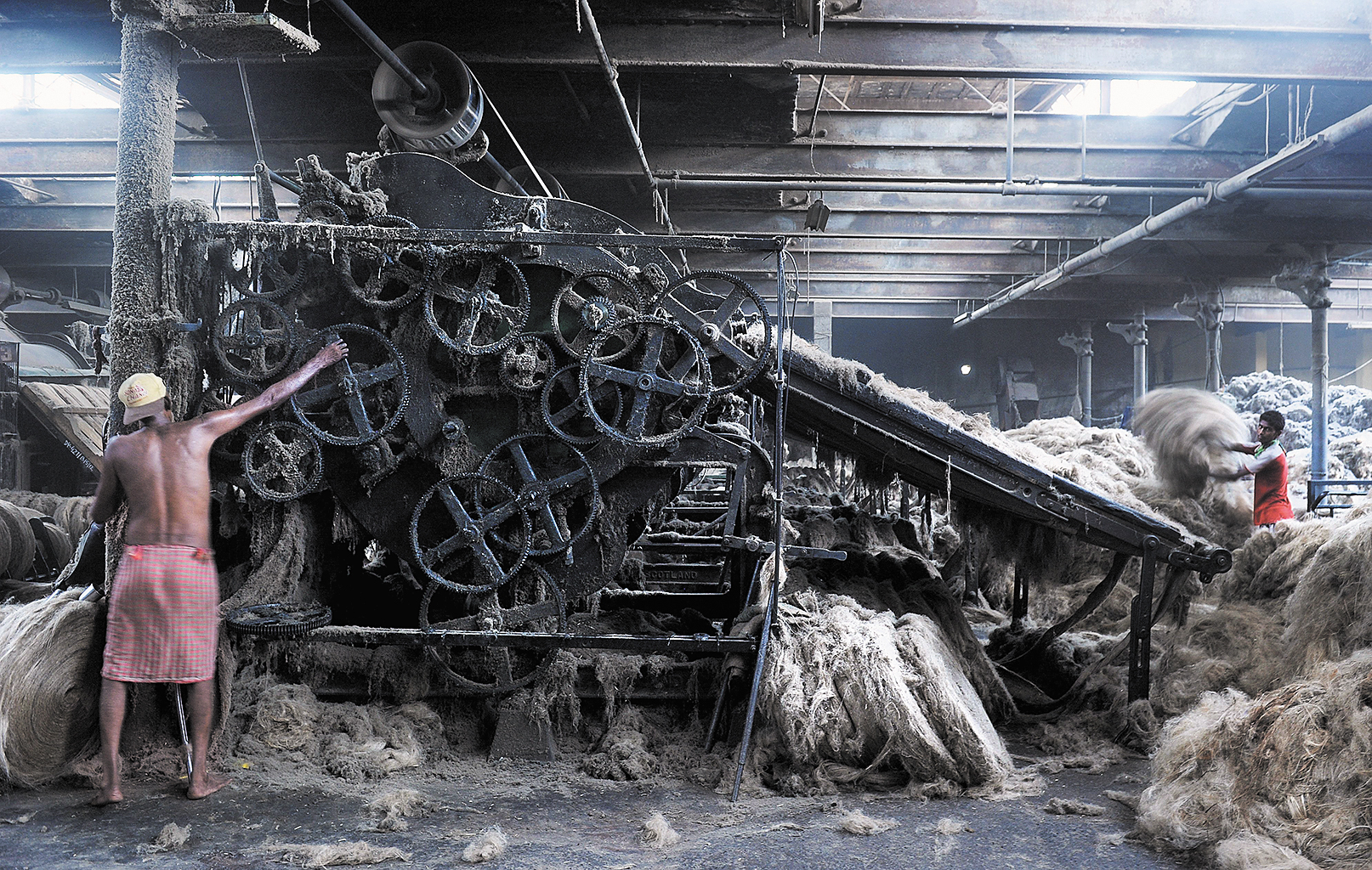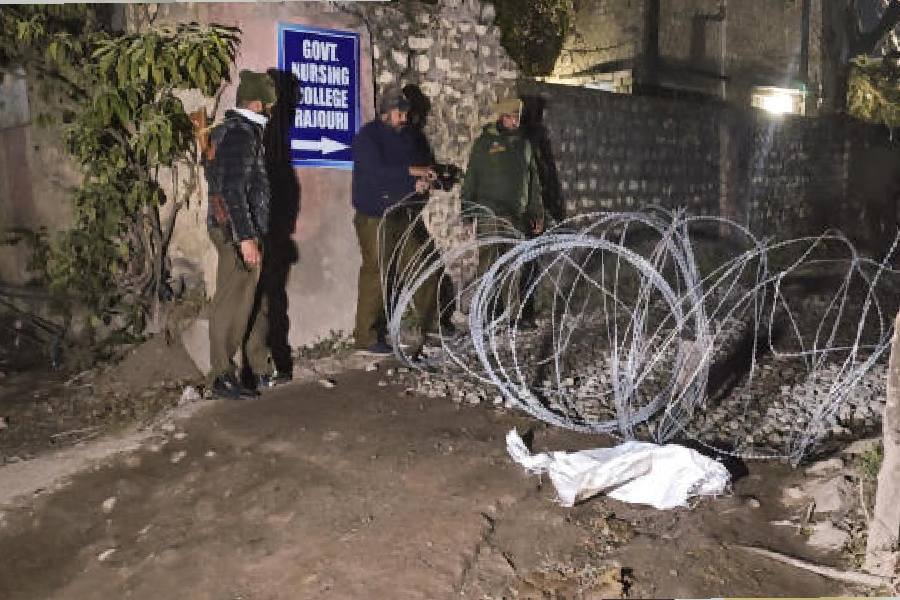The beleaguered jute industry has suffered another blow with the Bengal government deciding to buy 17,000 plastic bags which can be used to pack food grains.
The decision is in line with several other states that followed the Union government’s order allowing replacement of jute sacks with plastic bags.
The Food and Supplies Department of Bengal has placed an order for 17,000 plastic bags with the Food Corporation of India. Some senior officials in the department said the order was “unprecedented” as jute had always been the favoured packaging material in the state.
“We have no other option but to purchase plastic bags since jute mills will not be able to supply sacks on time. If we don’t pack the rice on time, it will start decaying,” said Jyotipriyo Mullick, the departmental minister.
Around 80 per cent of the jute industry is based in Bengal and the combined annual turnover of the sector in the state is Rs 13,000 crore. Estimates suggest over 3 lakh people work in 59 jute mills that procure 65 lakh bales of raw jute from over 40 lakh jute farmers.
Industry stakeholders think the state government, through negotiations with the Centre, can help the sector by giving special permission to the jute industry to operate even if they are in red zones like Howrah and North 24 Parganas.
“With proper sanitisation measures, if the jute mills are allowed to operate, the loss for the sector can be minimised and livelihood of lakhs of people can be protected,” said an insider.
According to industry estimates, in the prevailing situation, 22.10 lakh unused jute bales will be carried over to the next year. Since, the weather is favourable for jute cultivation, an estimated 74 bales of raw jute — 6 lakh bales more than 2019-20 — will be produced this year.
Industry experts predict that over-supply of raw jute will result in price in the range of Rs 3,500 per quintal, which would be less than the production cost of Rs 3,800 to Rs 4,000 per quintal. “What will happen to the farmers?” asked Abhijit Palit, secretary of the Jute Balers Association.
“It is likely that the price of jute during the initial harvest period that is from August to November will be lower than the Minimum Support Price of Rs 4,225,” he added.
Balers form the link between the farmers and the mills that purchase raw jute from the farmers and sell them as jute bales.











